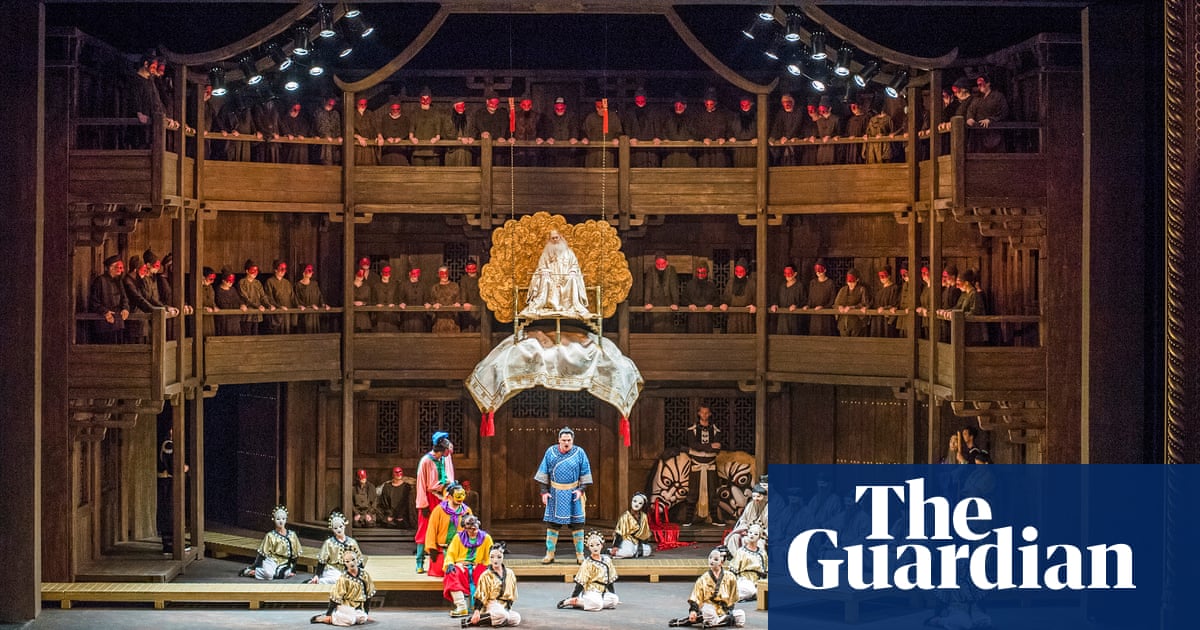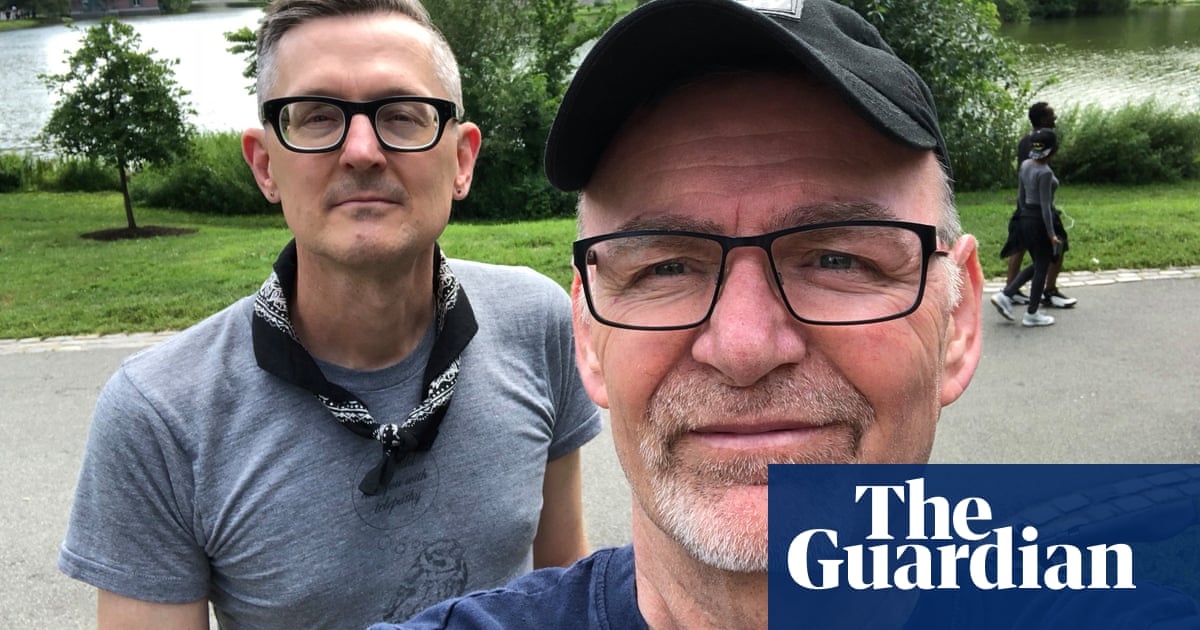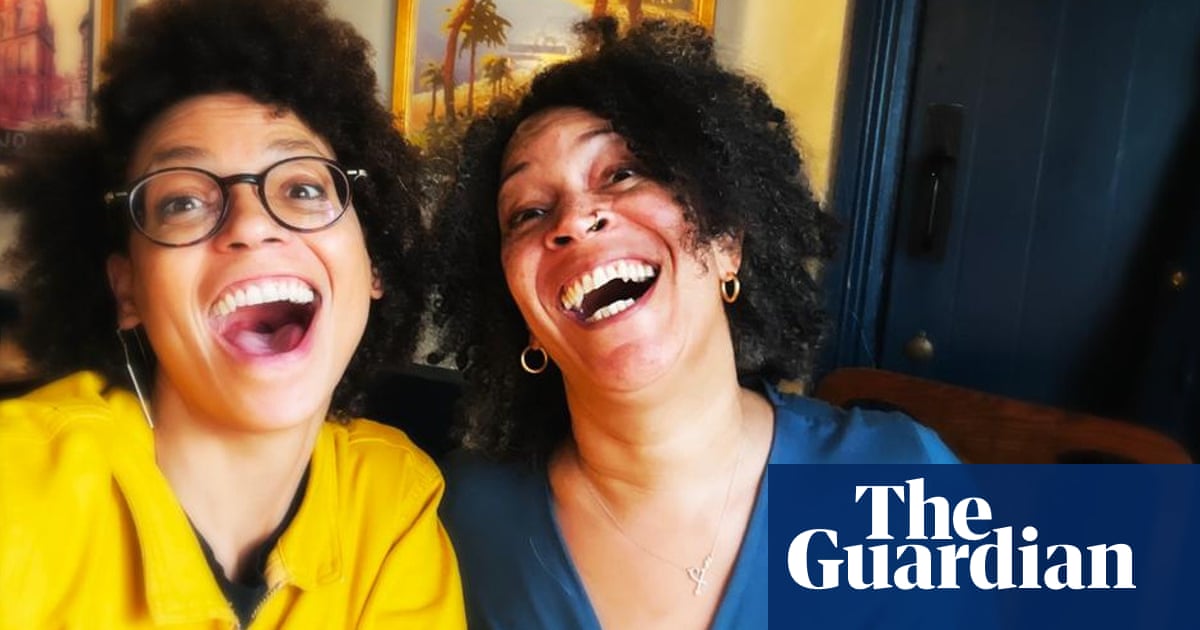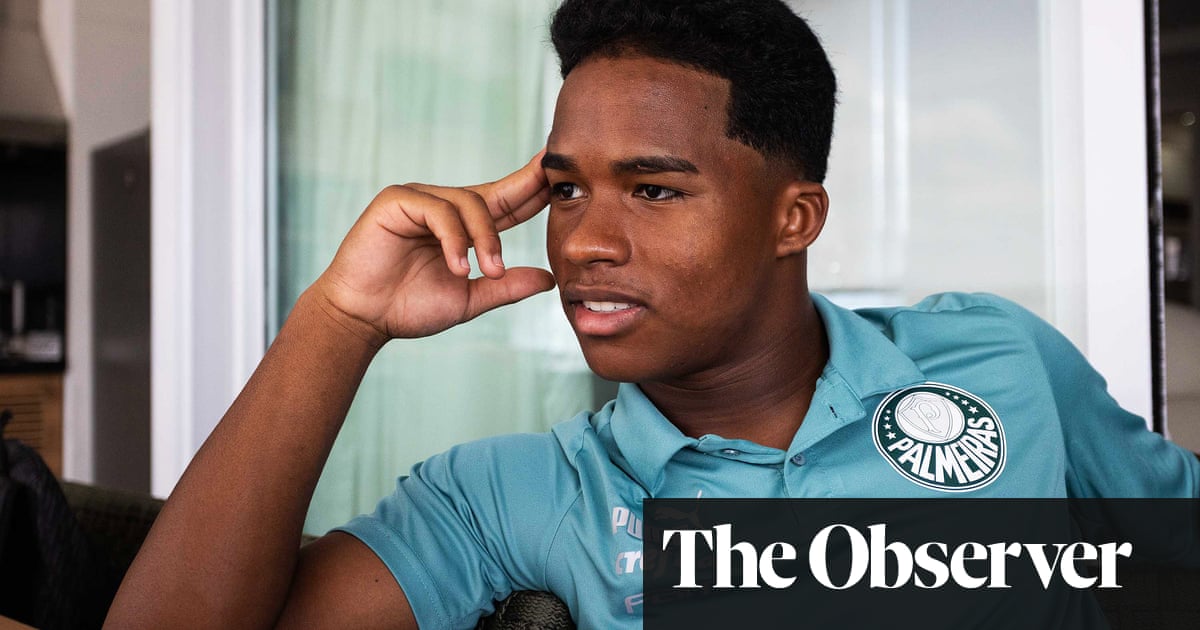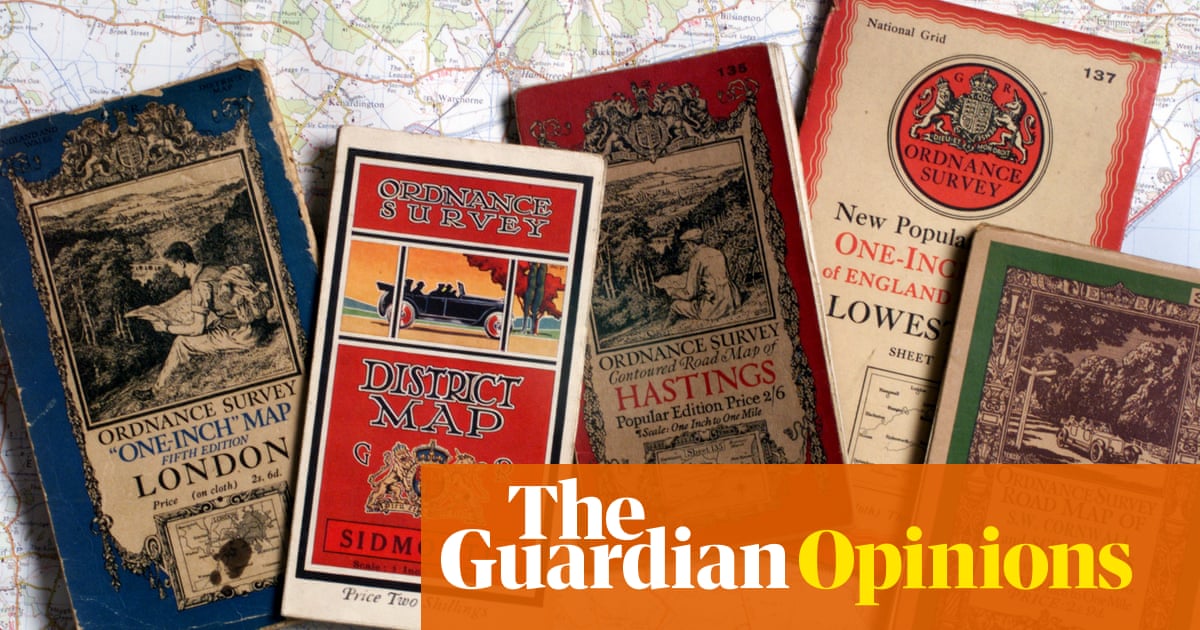
In August this year I moved to Bristol. After spending most of my life living in villages or small towns, being constantly surrounded by the busyness of a city was a shock. Not owning a bike and not wanting to be reliant on Bristol’s very creaky bus system, I walked everywhere. Almost automatically I used Google Maps to help me. Whereas on a traditional paper map I would first have had to locate relevant landmarks and street names before positioning myself within the map’s landscape, the blue dot on my screen showed me exactly where I was. The procession of smaller blue dots stretching out to my destination revealed the fastest way to get there. I arrived at things mostly on time, and was very rarely lost.
However, the more I used Google Maps, the more unsettled I felt. I often find inspiration for my writing as I walk. That can come from things I notice as I go, or from the way that walking seems to get my brain to think in a way it doesn’t indoors. But this was not happening. Instead, I simply worried about not following the dotted line. Or in other words, getting lost.
What’s more, I still felt ignorant of the geography of the city. My reliance on Google Maps meant I was simply shuttling from A to B. Some routes did become more familiar but, whenever I had to walk to a new place, I would take out my phone. I was existing without a real grasp of the geography of the places I was walking from, through and to.
I also had a growing sense that I was depriving myself of experience. I found my eyes mainly moved from the screen to what was ahead and then back down again. Machine-like, I discounted anything that wasn’t relevant to my chosen journey. I was not looking around, or paying much attention to my surroundings. I was missing out on the places, the people, the fast-moving little vignettes of life that make cities what they are.
There was no moment of realisation when I decided to change things. Instead, there just came a point when I wanted to be rid of the feeling of unease. So I bought an Ordnance Survey map of the city and found a battered A-Z street map. I used these to help me plan routes in advance, and scrawled directions in Biro on scraps of paper or on the back of my hand. Finally, I resolved to simply trust my sense of direction a little more.
The decision had expected and unexpected consequences. As I hoped, I swiftly built up a much better mental map of the city in my head, and a greater awareness of where places were in relation to one another. I found myself noticing smaller things, from the plethora of street art to the starlings that roosted in my local park. My journeys started to become more of an opportunity to see interesting, intriguing things, rather than a simple move from place to place. I found that more inspiration for my writing came back to me, including the idea to write this.
I’ll admit that I did, and still do, get lost from time to time. In the moment, especially when I am rushing (due to my habit of always leaving five minutes after I should), it can be frustrating. However, I’ve learned to become more comfortable with the vulnerability of getting lost, because what you get in return is the satisfaction of finding your way again. More often than not, it’s simple enough to get back on track. Keeping an eye on landmarks and street names and even asking for directions mean being lost is rarely a disaster. There is always, as a backup, the street map I carry in my bag.
Google Maps is an important and often necessary part of modern life. However, it has its problems. It has no time for meandering. The blue dot does not allow for distraction and discovery. It is there to get you from A to B. Removing it from my life has turned journeys around the city into richer, more enriching experiences. It has allowed me to feel part of things, and has made me feel more engaged with the place in which I live. That, I think, makes the occasional wrong turn well worth it.
Ned Vessey is a freelance writer, with a particular focus on landscape and place




